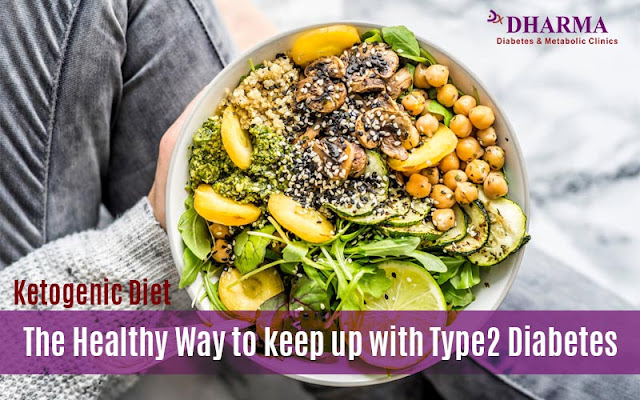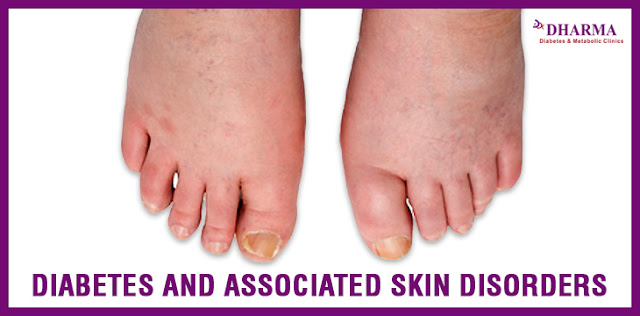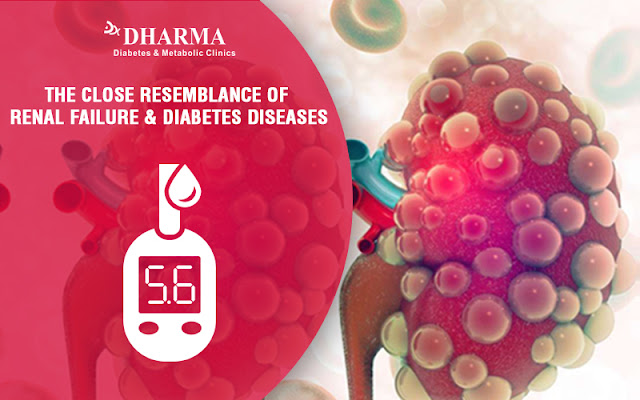Helping You Curb Your High Blood Sugar
Having a high blood sugar level can make you lousy so you need to keep your eye levels fixed. The high blood sugar or hyperglycemia occurs when blood produces much sugar. High Blood Sugar patients suffer from diabetes and possess two specific types of high blood sugar or hyperglycemia. There are individuals who keep fasting for eight hours experience also the high blood sugar level. It crosses over 130 mg/dl, and it usually happens after fasting. This is known as fasting hyperglycemia.
If your blood sugar crosses over 180 mg/dl, the condition is known as postprandial or after-meal hyperglycemia. Usually, people who are experiencing diabetes mellitus, experience the blood sugar level more than 140 mg/dl.
When you pass one to two hours or more than that, after a large meal, the post-meal sugar reaches 180mg/dl, and it hardly happens. These are some of the indicators of high blood sugar which show a high risk of becoming a type 2 diabetic.
Early symptoms
High blood sugar cannot be reversed back but can be controlled if an individual gets aware of the pre-diabetic symptoms. Some of the early symptoms of high blood sugar or hyperglycemia in diabetes can be encompassed as frequent thirstiness, headaches, disturbed concentration, problematic vision, frequent urination, Loss of weight, blood sugar over 180mg/dl etc.
Effects of long-term hyperglycemia
Chronic hyperglycemia can be very harmful to the body and may slowly damage the vital organs of the body. Here are some of the disorders that are caused by long-term high blood glucose in diabetes and can bear the result such as vaginal and skin infection, lengthy developments of cuts and sores, reduced vision, damaging nerve, unresponsive feet, uncomfortable cold, loss of hair at lower edge, swelling and stiff dysfunction, chronic constipation or diarrhea, unconsciousness.
Causes of Hyperglycemia
There can be plenty of causes of hyperglycemia which aren’t noticed much. Some of the high-blood glucose or hyperglycemia causes could be due to skipping of insulin or oral glucose, excessively taken, carbohydrates for insulin or taken in general, consumed much food along with many calories, infection, Illness, prolonged stress, less exercise in your everyday routine, reduced exercise, vigorous physical activity.
Recommended Diet for hyperglycemia
Low Carb diet can regulate diabetes emphasizing on low-fat consumption. It controls the level of insulin, a fat building hormone. Restriction of calorie consumption, this diet helps reduce weight. As per Body Mass Index, BMI, you can have 1500-calorie diabetic diet to 1800-calorie diet.
The diet should include huge and leafy vegetables, fresh fruits, reduced fat milk and you can consume yogurt. Fish, poultry and bean curd can replace meat. Type 2 diabetes patients should prefer low glycemic food as this food helps reduce the risk of heart diseases. Vegetables such as cabbage, sprouts, cauliflower, carrots, tomatoes, cucumber, lettuce, and green beans are rich sources of minerals and vitamins.
Fruits can be chosen based on calories and moderation or replacement. You can take oranges, apples, bananas, peaches, pears, grapes, mango, blackberries, and strawberries, etc. Never forget to include zinc and chromium to your diet. Consumption of grain bread, cereals, brown rice, oats, rye, and pasta can be beneficial in the high blood sugar diet. These seeds bear starch and carbohydrates.
Resource Box:
You can consult Dr. Mudit Sabharwal as he is a renowned diabetologist in the Delhi-NCR region. He can provide you the complete cure for High blood sugar treatment.




Comments
Post a Comment